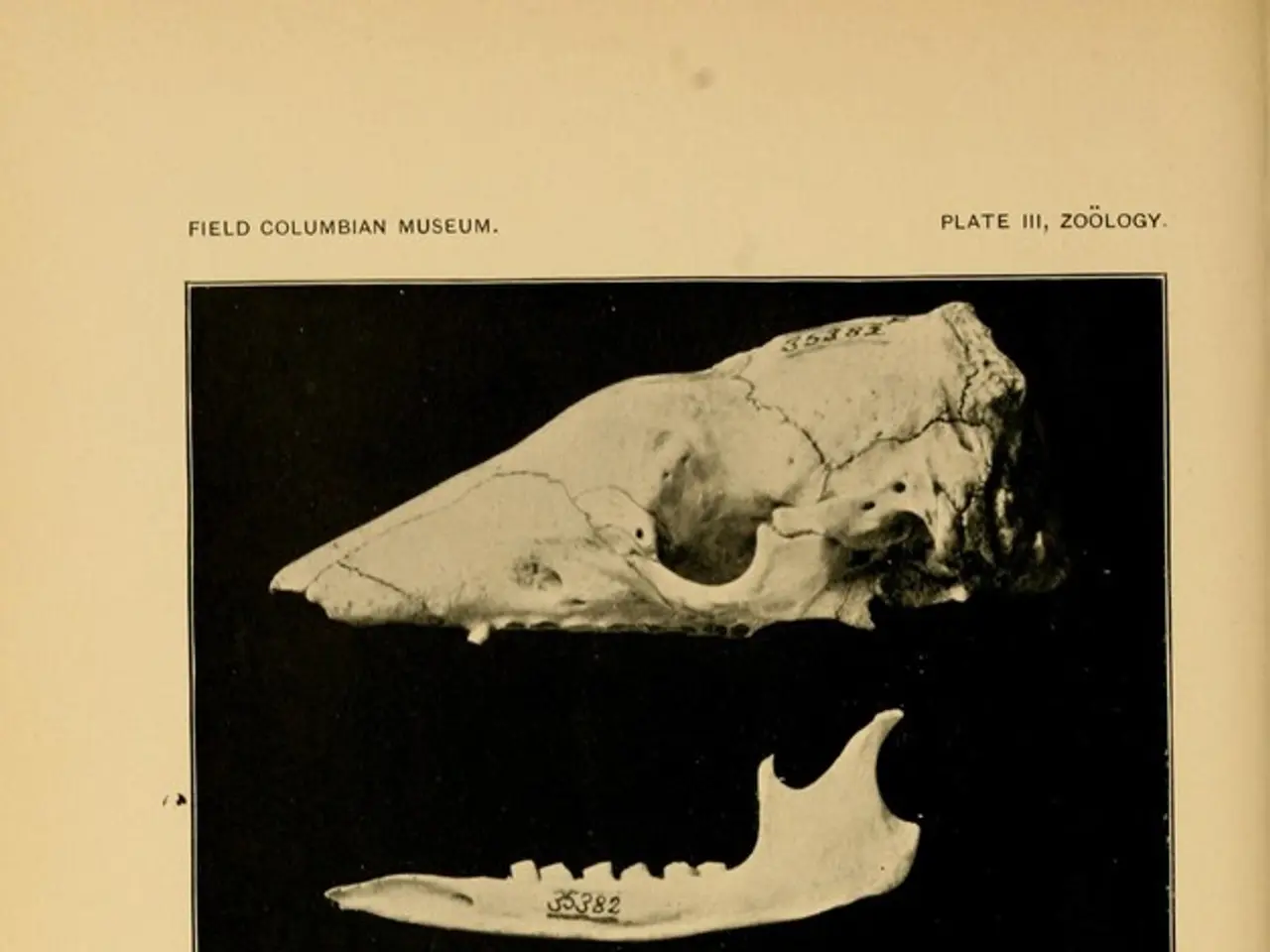Genetic Study Reveals Why Some People Never Become Overweight
A groundbreaking study published in PLOS Genetics has shed light on the genetic factors contributing to persistent healthy thinness. The research, comparing the DNA of thin, obese, and normal-weight individuals, has revealed that certain people may never become overweight due to specific cellular mechanisms and genetic influences.
The study found that thin people, with a BMI under 18 and no underlying health conditions, possess unique genetic traits. Their gut cells precisely detect fat and sugar, communicating with the brain's reward center via two distinct pathways. This results in the production of feel-good hormones, which can override initial intentions to consume unhealthy whole foods.
To maintain a healthy weight, regular exercise is recommended. This includes at least 30 minutes of physical activity, five days a week. Additionally, avoiding phthalates, increasing daily fluid intake, and consuming fiber-rich foods can aid in weight control. However, it's essential to note that obesity is a progressive disease that should be taken seriously and treated accordingly.
The study underscores the importance of genetics in maintaining a healthy weight. While a healthy lifestyle is crucial and within one's control, some people may inherently struggle less with weight gain due to their genetic makeup. Sustainable weight loss should be approached gradually, like a marathon, and tailored to individual needs. Further research is needed to fully understand and harness these genetic influences for effective weight management strategies.





